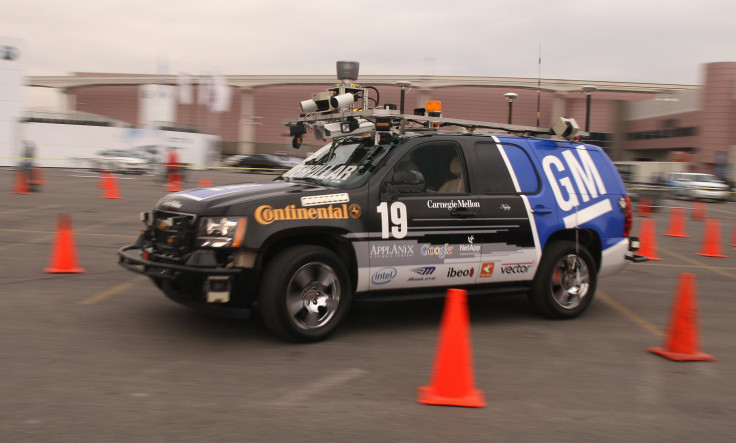General Motors Acquires Autonomous Vehicle Company; Cruise Automation Will Produce Robotic Car Technology Exclusively For GM

Two months after General Motors acquired the assets of a defunct ride-hailing service, the Detroit auto giant is going back to Silicon Valley to advance its robotic car program.
GM said Friday it bought Cruise Automation, the three-year-old maker of fully autonomous driving systems established by Kyle Vogt, the co-creator of Twitch, a live-streaming service for computer gamers that’s now owned by Amazon.com.
"In three years, you won't even bother buying a car unless it comes with Cruise," Vogt boasted in a recent interview with Inc. magazine, brushing off the David vs. Goliath aspect of a small startup going up against Alphabet Inc. (formerly Google) in auto-driving technology.
Now, it seems Cruise is being gobbled up by another giant.
The Cruise acquisition brings a team of software developers under GM’s wing that will work exclusively for the maker of Chevrolets and Cadillacs. Cruise previously developed the software behind Audi’s self-driving car research and testing.
The move comes during profound changes in the industry that’s seeing rapid advancement of connected-vehicle technology, electrification and sensor-based features that will radically change motorized personal transport.
“A car company that falls behind in this area could end up being the Nokia of the auto industry,” Karl Brauer, senior analyst for Kelley Blue Book, said in an email, referring to the onetime handset leader that got trampled by Apple and Samsung in the smartphone race.
In January, GM bought Sidecar, a ride-hailing service that struggled to compete with Uber. Sidecar co-founder Sunil Paul blamed the company's failure on Uber’s “practically limitless capital” to operate at a loss. GM acquires Sidecar’s patents, including one used to automatically determine the most efficient transportation routes.
Self-driving cars are still years down the road, and the role they will play in society is still uncertain, especially in a possible environment where robots and humans share the roads. Wider adoption of robotic cars will require numerous issues to be addressed, from regulatory policy to infrastructure needs.
But the automotive industry moves slowly. Cars and the factories that build them take years and billions of dollars to develop. So automakers are jockeying for position in the robot-car race well ahead of when the gates swing open to the public.
© Copyright IBTimes 2024. All rights reserved.





















